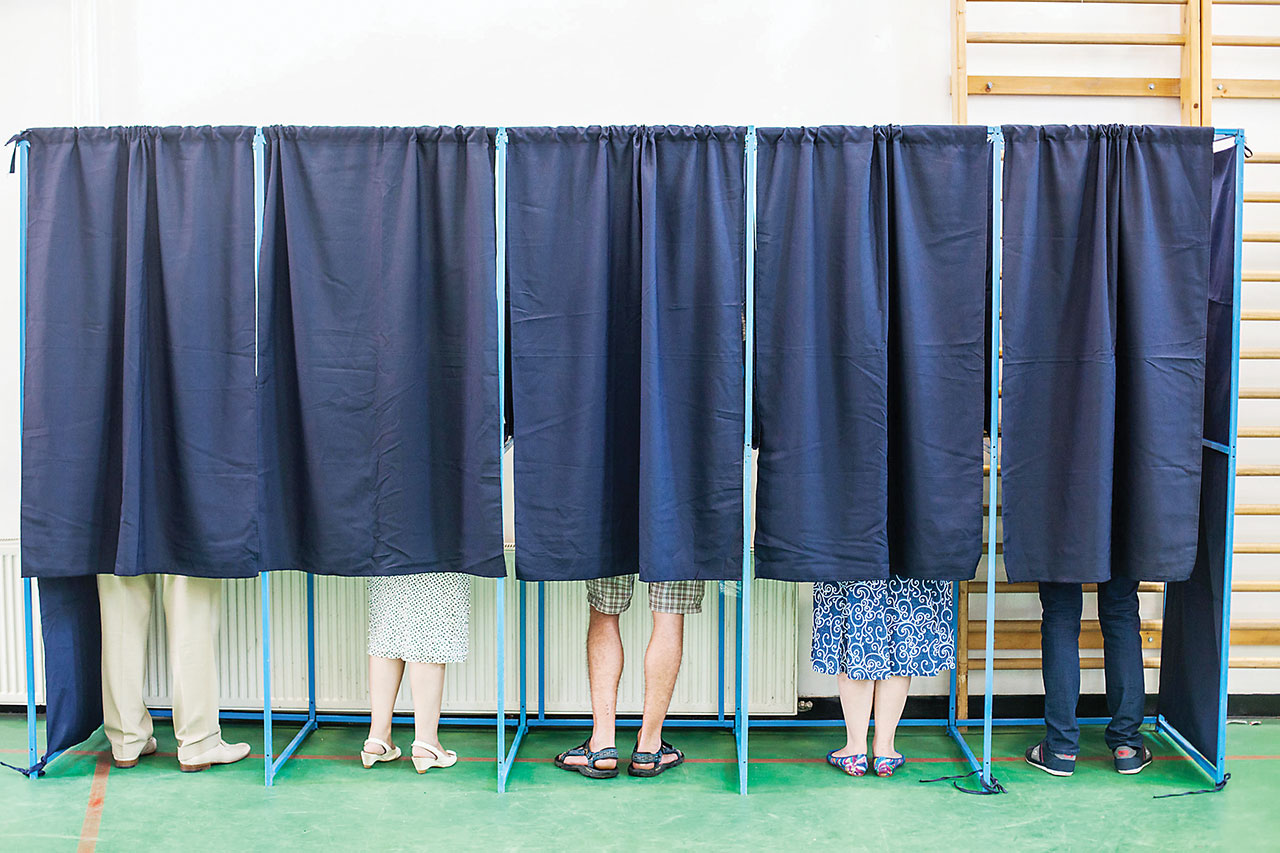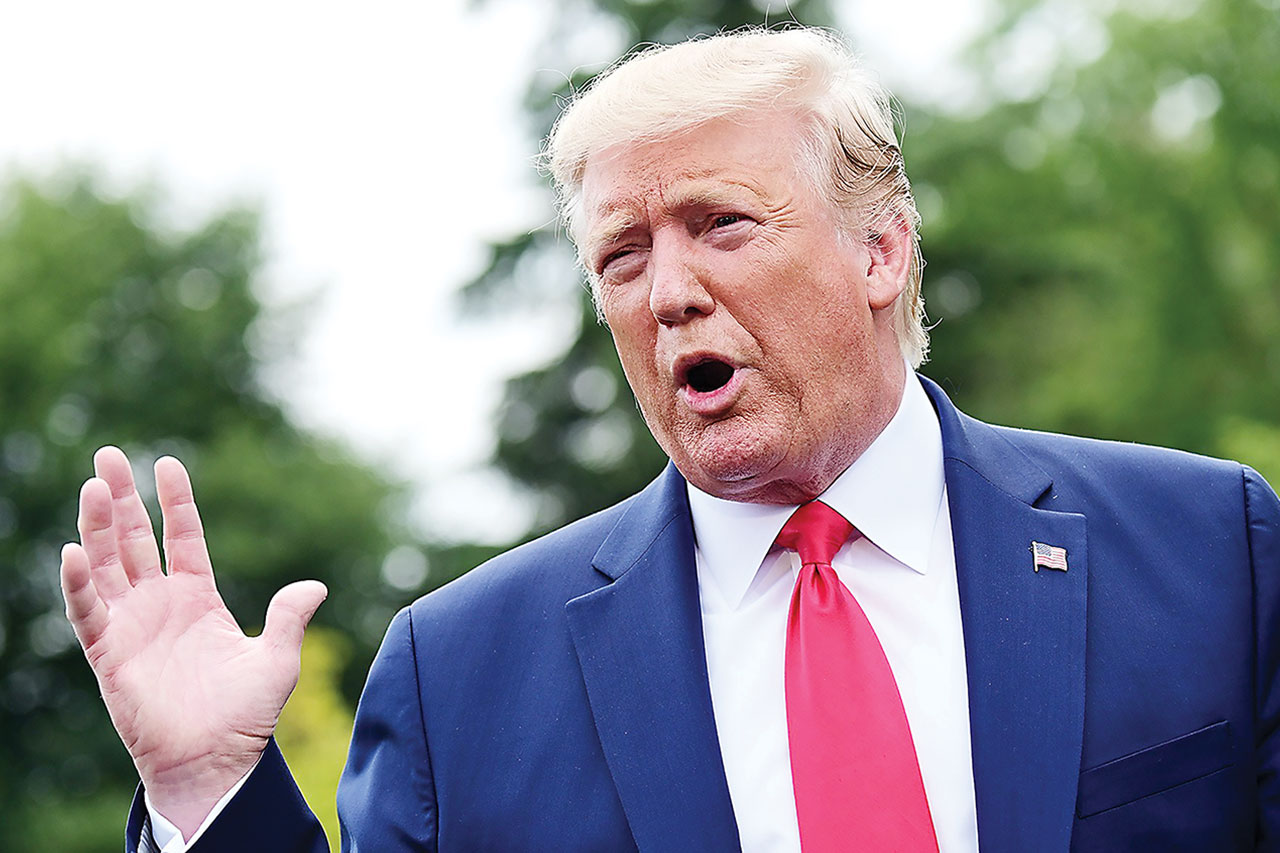
October Election Sees Higher Voter Turnout
October 22, 2019
Katie Portier | Executive Director, Terrebonne Foundation for Academic Excellence
October 22, 2019AFTER SAUDI INCIDENT, OIL SHOULD HAVE SHOT UP, BUT IT DIDN’T BECAUSE OF U.S. PRODUCTION
In mid-September, a drone struck several key oil plays in Saudi Arabia, interrupting more than 5 percent of the world’s daily supply of crude.
In the immediate aftermath of the attack, oil prices soared — surging more than 16 percent the next day.
But that was mostly an overreaction, because in the days after the incident, prices slowly crept back down and at press-time in mid-October, oil steadily sits in the $53/barrel range.
So what happened?
President Donald Trump’s oil policy happened.
After the incident, concerns about global supply were cooled because the oil America has flooded on the market was plenty enough to cool global demand.
President Trump called the situation a “huge win” for the United States’ current energy policy.
“If we didn’t have the oil on the market, you’d be seeing oil that was out of control,” President Trump said at a recent rally. “But we’re winning again. American energy is winning. We’re working hard and we’re finally winning again by putting our great American oil on the market. We’re literally powering the world.”
President Trump, though sometimes one to exaggerate a little in his use of words, is spot-on with the statements above.
Since 2000, the United States has undergone a drastic change in its energy production picture. The country we are today would hardly even recognize the country that we were 20 years ago if the two were side-by-side.
At the start of the past millennium, well more than half of the oil used in this country was imported — a number that often hovered around or slightly above 60 percent at any given time.
But now, that number sits at just more than 5 percent, which means that almost all of the energy we use is created here in the United States.
So what changed?
Well, in the administration of President Barack Obama, drilling was heavily regulated — especially during the aftermath of the Deepwater Horizon Oil spill.
The spill cased a moratorium, which was eventually life.
But the following “permit-a-torium,” as some oil experts locally call it, was just as shackling.
The Obama Administration put a lot of red tape on the process of drilling, which ran up costs and caused the United States to look other places to get their energy.
“It became very, very hard for the little guy, so to speak, to compete,” Port Fourchon Executive Director Chett Chiasson said of the previous administration. “The desire was there, but profit margins were slim once all of the red tape got untangled.”
When Trump was elected, all of that changed.
His administration has worked to deregulate the industry, making the process of drilling easier and more profitable to companies.
He also came into office as fracking was gaining steam — a process that is now a power.
Add it all together and the United States is producing more oil now than ever before in its history. Oil production nationally is more than double today than what it was in the mid-2000s. The only other times we’ve even come close to these levels was in the 1970s during the Cold War Era.
That surge of United States oil has worked to keep oil prices stable globally, which has kept gas prices stable — two major talking points for the President throughout his first term.
It’s also helped to protect the United States from drastic shifts in price when things happen in the Middle East — a completely new energy climate that we’ve seen in the past.
“It’s a new world for energy,” said Kenneth B. Medlock III, the senior director of the Center for Energy Studies at Rice University’s Baker Institute for Public Policy. His comments were made to The Washington Post last month.
A different world, indeed, and Trump said, if re-elected, that won’t change anytime soon.
“We want to keep it going,” the President said at a rally. “We control the market. The market no longer controls us. Those days are over.” •









